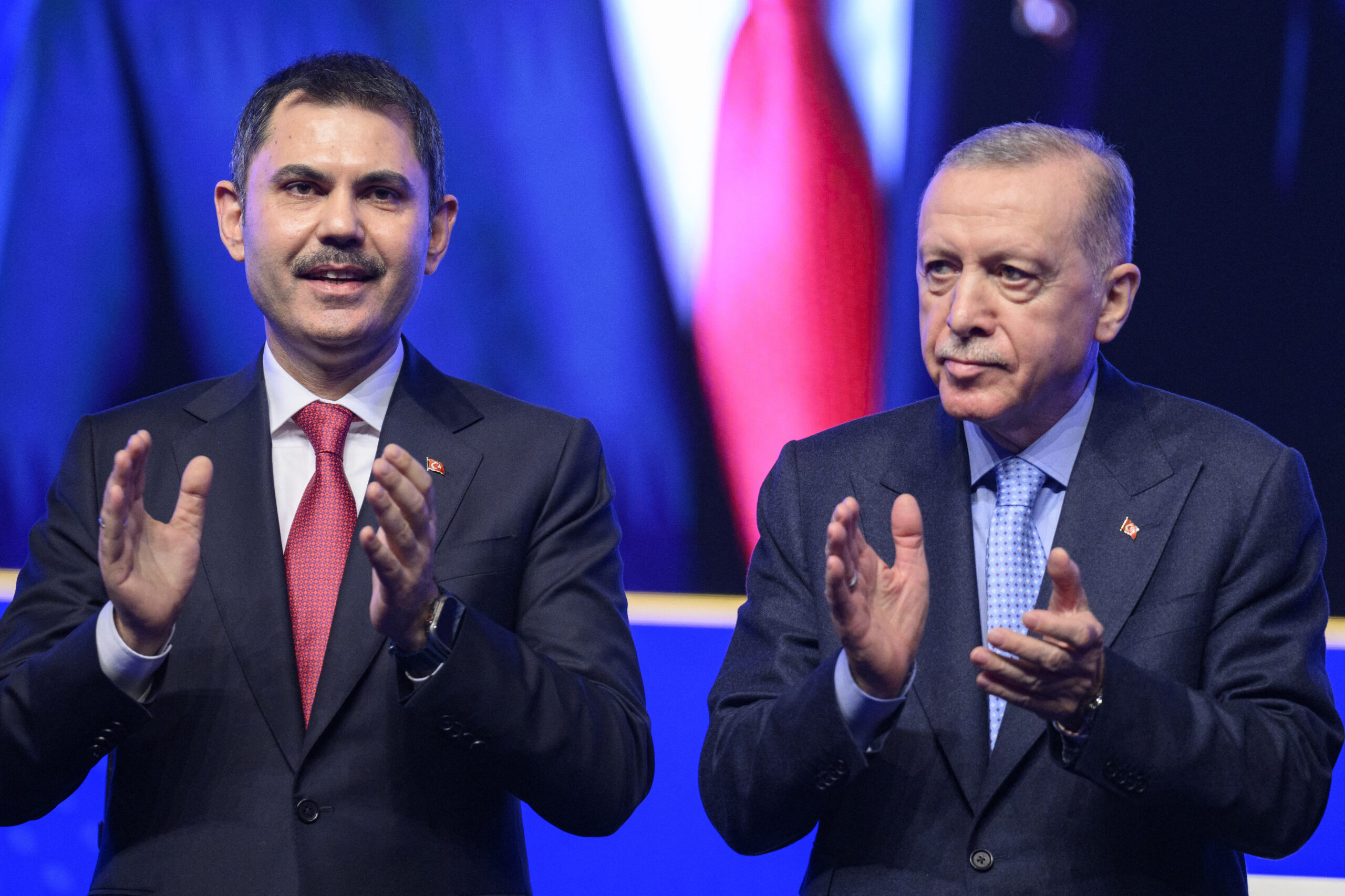Large gatherings aside, local elections will probably pass off fairly smoothly in Turkiye on 31 March
This assessment was issued to clients of Dragonfly’s Security Intelligence & Analysis Service (SIAS) on 07 February 2024.
- However, contested results are likely to lead to disruptive protests, especially in Istanbul and Kurdish-populated areas in the southeast
- Extremist groups, such as Islamic State, or radicalised individuals are likely to mount attacks against Western interests in the country
Turkiye is likely to remain a generally safe and stable environment for business travel this year. Contentious local elections are scheduled on 31 March. So, large and mostly peaceful gatherings are probable across the country in the coming weeks. And in the probable event of contested results in some regions, more disruptive protests would follow, especially in Istanbul and Kurdish-populated areas in the southeast. Still, terrorism will probably remain the top concern for travellers. Extremist groups, such as Islamic State (IS), and radicalised individuals are likely to use the war in Gaza as an excuse to mount attacks against US and Israeli interests and religious sites.
Civil unrest risk still high
We anticipate that there will be large and peaceful weekly gatherings until 31 March. Several thousand people will probably continue to attend these across Turkiye until municipal elections on that date. Most parties have already started rallies for the elections, which will take place in 81 cities and 922 districts. Road and public transport closures and delays are likely during these. But the authorities seem prepared to manage these; they often implement tight security measures, especially as President Recep Tayyip Erdogan will attend some gatherings.
There is a low chance of widespread civil unrest around the local elections. However, this vote is very sensitive for several reasons. First, the president’s party, the AKP, intends to regain control of Istanbul and Ankara. Second, a new Kurdish political entity is participating. Kurdish elected officials were dismissed from councils in 2019, which led to several days of protests in Kurdish-populated areas. The authorities de facto banned their party in 2021 claiming that it was linked to the separatist PKK (which is a designated terrorist group in Turkiye). In the likely event of contested results, we would anticipate large gatherings of several thousand by both the AKP and Kurdish party after the vote.
There will probably also be at least weekly hardship protests around the second half of this year, mainly in major cities like Istanbul. The inflation rate is still high at 65%, which will likely lead to further increases in prices of key staples in the coming months. Several hundred people participated in largely peaceful monthly protests over the issue in major cities over the last year. These became more frequent when there was a sudden rise in inflation, like in August.
Terrorism threat still severe in major cities
The ongoing conflict in Gaza seems to be motivating radicalised groups and individuals to mount attacks or engage in acts of violence. On 1 February, a former worker at a factory owned by a US firm in Gebze, near Istanbul, took several people hostage to protest against US support for Israel. Islamic State (IS) continues to call on its supporters to target ‘Jews and Christians everywhere’ on extremist channels. IS claimed an attack on a church in Istanbul on 28 January that killed one person.
This trend of attacks will probably continue this year. The Turkish authorities have arrested dozens of IS suspects in recent weeks over allegations of preparing attacks. Our terrorism threat level is high countrywide and severe in the cities of Istanbul and Ankara. But this is not only because of IS’ or radicalised groups’ intent and capabilities. The Kurdish separatist group, the PKK, is still likely to mount attacks. The Turkish state, in particular security forces, would be their main targets.
IS affiliates or radicalised individuals would most probably attempt to target Jewish or Christian sites as well as US and Israeli diplomatic interests, such as their consulates in Istanbul and embassies in Ankara, in our analysis. However, based on the constrained capabilities of jihadists to conduct bombing attacks in Turkiye, the most likely form of attack would probably be a stabbing or shooting by a lone actor inside or in the vicinity of a religious or diplomatic site. Although attacks have occurred in recent months, the Turkish authorities continue to appear capable of foiling plots and limiting the number of casualties when attacks do occur.
Growing anti-west sentiment leading to boycotts
Anti-Western sentiment will probably also be a concern for businesses this year. Boycotts of Western products in Turkiye have gained some traction in recent months; we have seen several calls online to boycott Western brands perceived to have interests in or links with Israel. The Turkish parliament in November banned US brands from its menus in their canteen. And videos online show protesters often chanting anti-US and anti-Israel slogans during pro-Palestine marches. Still, we have not seen yet signs of harassment of Western travellers to the country. This is probably because such hostility appears to be focused on governments and the economy.
Moderate crime risks
Petty and non-violent crime is quite common countrywide and we assess that it will remain so this year, in our assessment. Pickpocketing and bag snatching continue to be prevalent in both Istanbul and Ankara, particularly in busy tourist areas, according to local news reports. Dolapdere, Tarlabasi, and the Grand Bazar are the most affected areas in Istanbul. But the risk of exposure to serious threats of violence seems to be diminishing; the number of homicides has declined from 3,216 in 2012 to 2,279 in 2022, according to official statistics. Our countrywide general crime risk rating is moderate.
Image: Turkish President Tayyip Erdogan (R) claps after announcing Murat Kurum (L) as the AKP’s mayoral candidate in Istanbul’s upcoming mayoral election. Photo by Yasin Akgul/AFP via Getty Images.




